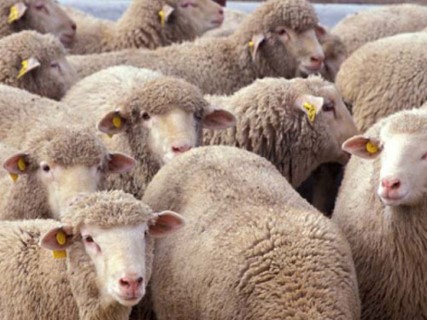The German Mutton Merino, specifically the Merinofleischschaf breed, is exceptionally well-suited for intensive production systems, particularly in arid or agricultural regions. Renowned for its high resistance to various environmental stresses, this breed demonstrates remarkable adaptability to diverse climates and husbandry conditions. Its robust nature and adaptiveness make it an ideal choice for farmers seeking a resilient and productive sheep breed.
One of the key advantages of the Merinofleischschaf is its efficient growth rate and excellent meat yield. These sheep exhibit a non-seasonal breeding cycle, enabling three breedings within a span of two years. This trait, coupled with their high fecundity and strong mothering instincts, positions the Merinofleischschaf as a favorable option for intensive milk-lamb production systems, where consistent and reliable breeding cycles are essential for productivity.
It's important to note that within the German Merino category, there are three distinct breeds: the Merinolandschaf (Merino landscape sheep), Merinofleischschaf (Merino mutton sheep), and Merinolangwollschafrn(Merino longwool sheep). While all three breeds are known for their production of Merino wool and similar meat yield, each has undergone unique historical and genealogical development.
The Merinofleischschaf, in particular, is predominantly found east of the Elbe River and extends as far as the Ural Mountains. This geographical distribution reflects the breed's historical development and adaptation to specific regional conditions, further highlighting its versatility and suitability for a wide range of farming environments and production systems.
